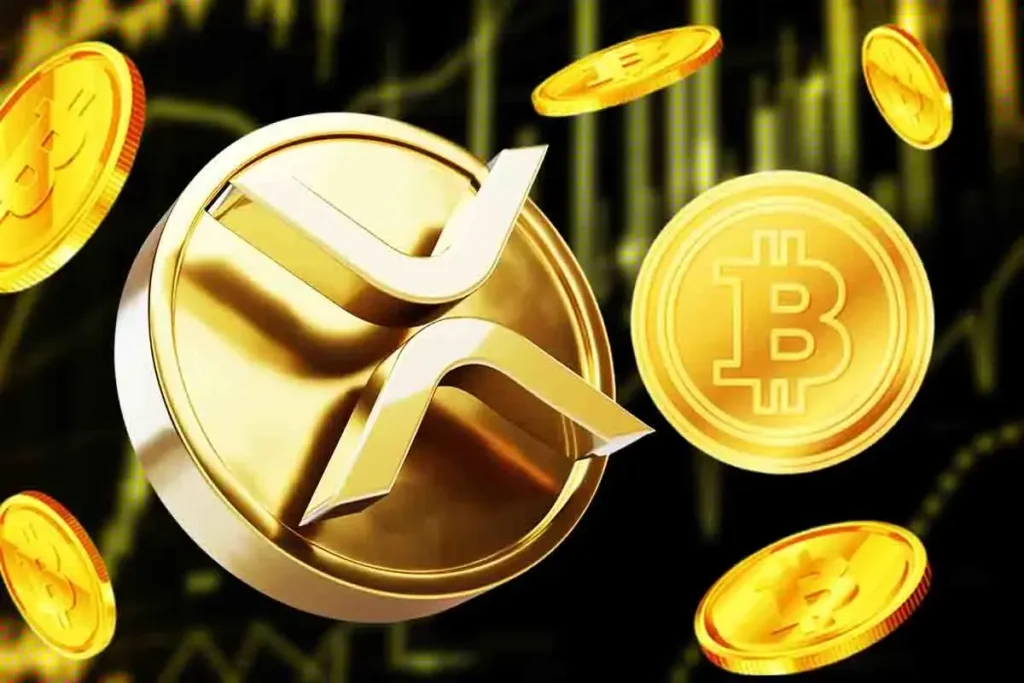Legal Clarity for XRP: Debunking Misconceptions
In the evolving landscape of cryptocurrency regulations, the legal status of XRP has been a contentious topic. Ripple lawyer Bill Morgan recently countered arguments suggesting that XRP lacks legal clarity due to its undefined classification. Bitcoin proponents have long claimed that the lack of formal classification for XRP implies it operates in a legal gray area. However, Morgan argues that this perspective is fundamentally flawed and misrepresents the legal realities.
The Legal Context of Bitcoin and XRP
For years, Bitcoin has enjoyed the status of a "commodity" as recognized by both the U.S. Securities and Exchange Commission (SEC) and the Commodity Futures Trading Commission (CFTC). This classification has significantly affected how Bitcoin is treated under U.S. law. In contrast, XRP has faced a degree of uncertainty due to an ongoing SEC lawsuit that has put its status in limbo. A pivotal ruling by Judge Torres recently clarified that while retail sales of XRP do not constitute investment contracts, institutional sales may indeed fall under this category.
Morgan’s Rebuttal to Classification Claims
Morgan firmly challenges the notion that something unclassified inherently lacks legal clarity. He points out that the concept of "classification" is itself inadequately defined in regulatory frameworks. Courts do not inherently classify assets; instead, they resolve specific legal disputes. In the Ripple case, Judge Torres focused on whether Ripple’s transactions constituted investment contracts, not on classifying XRP as a security or commodity.
The Push for Regulatory Clarity
Recent developments, including the passing of the Digital Asset Market Clarity Act, have prompted Ripple’s Chief Legal Officer, Stuart Alderoty, to highlight the need for clear regulations in the U.S. He emphasized that regulatory clarity should not be a controversial issue but rather a fundamental requirement for the cryptocurrency market to thrive. This push aligns with Morgan’s assertions, suggesting that the legal landscape surrounding XRP may be more stable than some believe.
What the Court Ruling Really Means
According to Morgan, the court’s decisions have provided substantial legal clarity regarding XRP’s status. The assertion that XRP is not classified as a security offers a crucial distinction. He notes that legal definitions—like those for "property"—can often be fluid and evolving. For instance, in Australia, Bitcoin is classified as "property," highlighting the disparities in regulatory perspectives. While the exact legal status of XRP may evolve, the ruling confirms that XRP is not a security, providing a clearer legal standing.
Bridging Gaps Between Communities
Morgan’s arguments aim to foster understanding between XRP and Bitcoin communities. In a symbolic gesture, Ripple co-founder Brad Garlinghouse donated the ‘Skull of Satoshi’ to the Bitcoin community, underscoring a commitment to unity amid the ongoing discourse. This initiative signals a positive step toward resolving misconceptions and fostering collaboration between different factions of the cryptocurrency ecosystem.
Conclusion: The Path Forward
The discourse around XRP’s legal classification underscores a broader issue within the cryptocurrency regulatory landscape. Bill Morgan’s insights highlight that legal clarity exists despite the absence of a formal classification. With recent court decisions and legislative advancements, XRP’s status appears more secure. As the cryptocurrency market continues to mature, fostering clear dialogue and regulatory frameworks will be essential to achieving broader acceptance and integration of digital assets in the financial system.


